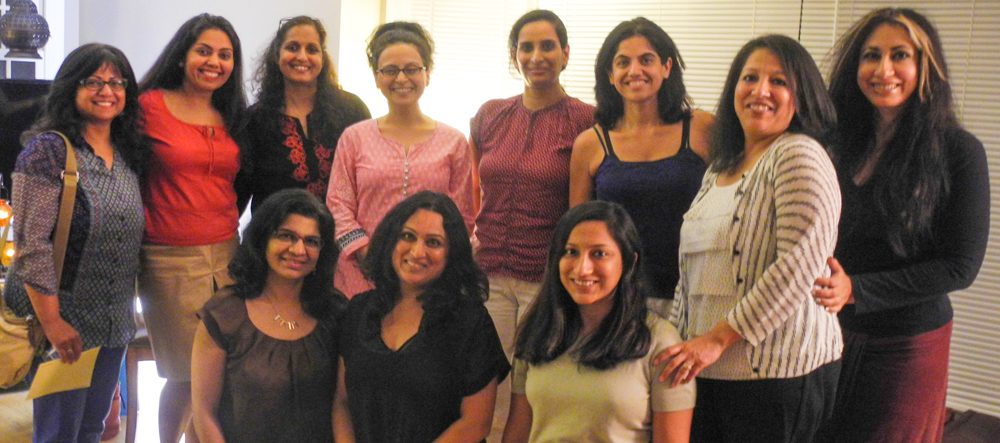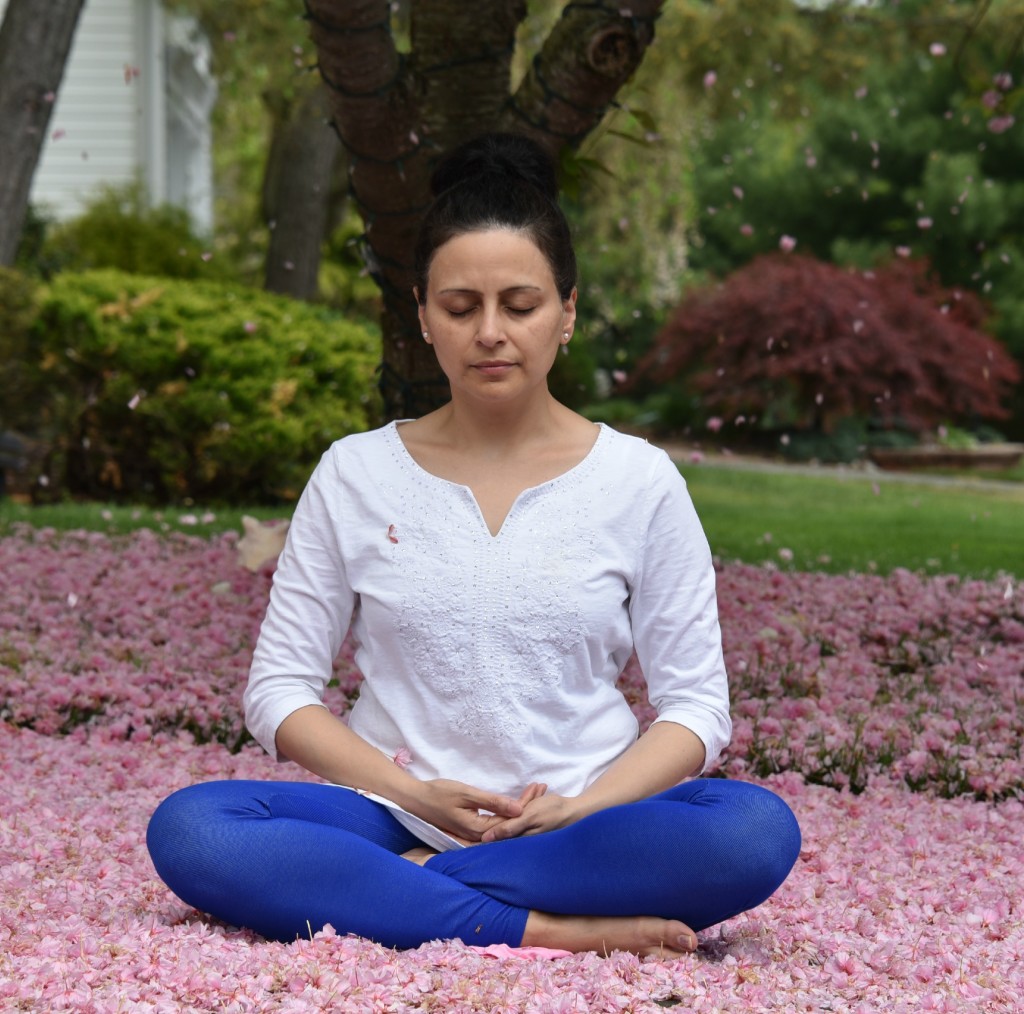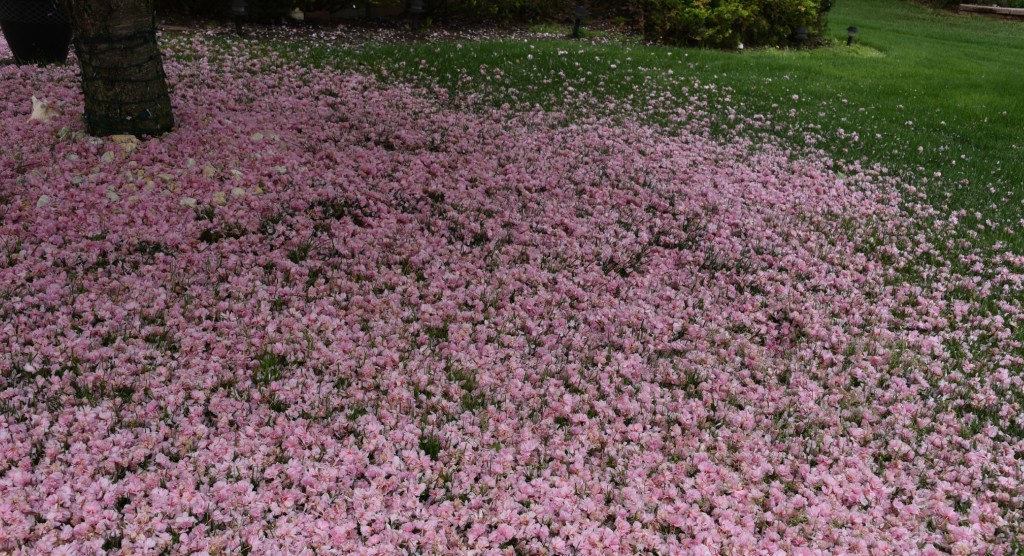
Interpersonal skills (IS) is an art form where you learn how to get along with others whether you are at work, school, home, or with friends. Some people can naturally get along with others and the rest can learn with some support and practice. It is important to be aware of yourself and your surroundings to be able to use your IS appropriately.
That’s where Mindfulness comes in handy! Let’s take a quick look at few benefits of IS.
Benefits of Interpersonal Skills (IS)
The benefits of Interpersonal Skills (IS) will make you do the following:
- Feel comfortable to express your feelings, beliefs, and principles.
- Present yourself verbally, mentally, and physically.
- More open to give and receive compliments
- Have better boundaries, especially the ability to say, “No” when needed
- Easily resolve problems and have better ability to work with the consequences.
- Respect yourself more. People around you take notice and will likely do the same.
- Less fearful of making friends, meeting acquaintances, networking, facing interviews and above all seeking help when needed.
- Improve relationships and provide the much needed support in your personal as well as your professional lives.
Regular Practice of IS with Mindfulness
With Mindfulness, you’ll be able to recognize your feelings and of others especially in an unhealthy environment. Mindful IS helps you to be a good listener. I believe that most of the people just want to be heard. If you genuinely listen to them, you will win them for good!
When you use IS mindfully, you have more chances to respond than to react, to stay in control and not get too stressed. You’ll be aware of your strengths and weaknesses which can support you to stay open- minded to learn and share at the same time. Mindfulness helps you to be assertive and teachers you when to appropriately use silence.
In other words, when we regularly practice Interpersonal Skills with Mindfulness, it doesn’t remain limited to “being a skill”; it becomes a habit which eventually becomes a way of life and second nature.
Start working on it and Re-discover yourself!
Want to brainstorm ideas or have questions? Contact me!



